Home>Garden Essentials>What Temperature Does Rye Grass Need To Germinate
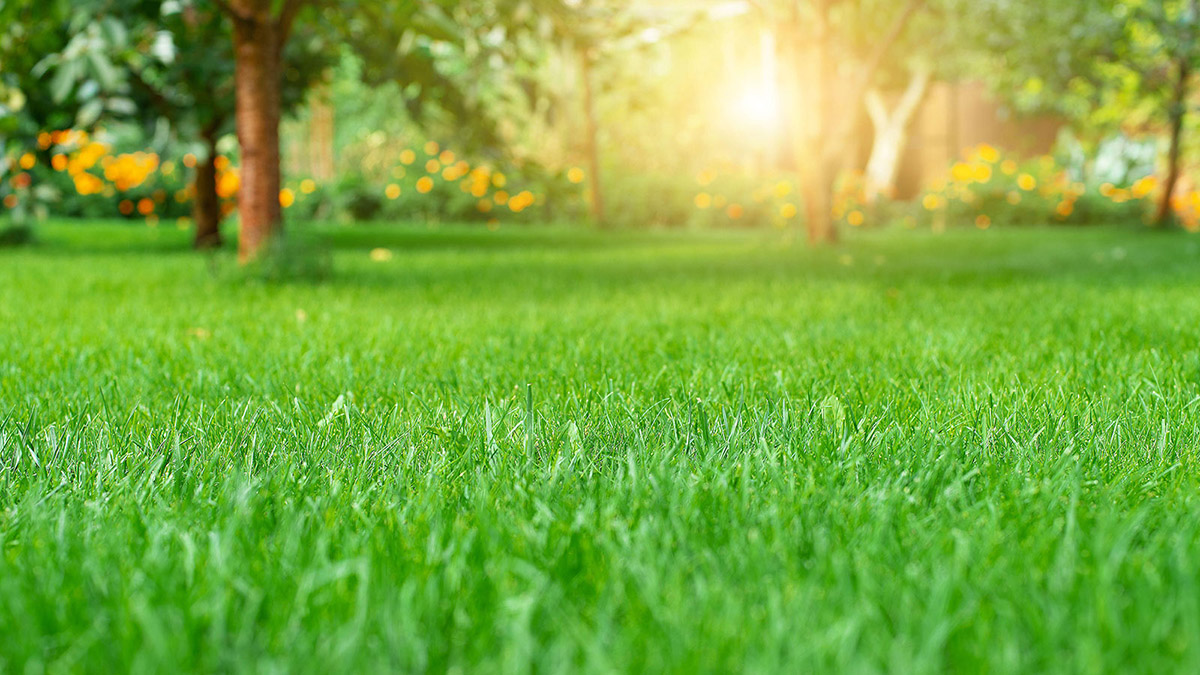

Garden Essentials
What Temperature Does Rye Grass Need To Germinate
Modified: April 28, 2024
Learn the ideal garden temperature for rye grass germination and enhance your gardening success with our expert tips.
(Many of the links in this article redirect to a specific reviewed product. Your purchase of these products through affiliate links helps to generate commission for Storables.com, at no extra cost. Learn more)
Introduction
Gardening enthusiasts and homeowners aiming to achieve a lush and vibrant lawn often turn to rye grass as a preferred choice. However, to successfully establish a rye grass lawn, it is crucial to understand the factors that affect germination.
One of the most critical factors that directly impact the germination process is temperature. Rye grass, like most plants, has specific temperature requirements for optimal growth and germination. By understanding these temperature needs and providing the ideal conditions, you can significantly boost the germination success rate and ensure the healthy development of your rye grass lawn.
In this article, we will delve into the optimum temperature range for rye grass germination, explore the minimum and maximum temperature thresholds, and provide some tips to promote successful germination of rye grass seeds.
Key Takeaways:
- Rye grass seeds germinate best in temperatures between 59°F and 77°F, ensuring healthy and uniform growth. Avoid extreme cold or heat to promote successful germination and establish a lush lawn.
- To promote rye grass germination, prepare soil, maintain moisture, and monitor temperature. Patience and care are key for healthy seedling growth and a vibrant lawn.
Read more: What Temperature Does Grass Seed Germinate
Factors Affecting Rye Grass Germination
While temperature is a key factor in the germination of rye grass, there are other factors that can influence the successful growth of the grass seed.
Firstly, moisture is vital for seed germination. Adequate moisture levels in the soil provide the necessary hydration for the seeds to absorb and start the germination process. Proper watering, either through rainfall or irrigation, is essential to maintain the moisture levels required for germination.
Secondly, soil quality plays a significant role. Rye grass seeds thrive in well-draining soil that is rich in organic matter. Proper soil preparation, including loosening compacted soil and incorporating organic amendments, can provide an ideal environment for the seeds to establish roots and germinate successfully.
Additionally, light availability is crucial. Unlike some other plants, rye grass seeds require exposure to light for germination. Ensuring that the seeds are not buried too deep in the soil will enable them to access the necessary light and initiate growth.
Lastly, seed quality and age can impact germination success. It is important to use fresh, high-quality rye grass seeds for optimal results. Older or low-quality seeds may have lower germination rates and can result in a patchy or uneven lawn.
By considering these factors and creating the optimal conditions, you can enhance the chances of successful germination and establish a healthy and vibrant rye grass lawn.
The Importance of Temperature
Temperature plays a vital role in the germination process of rye grass seeds. It affects the metabolic activity within the seed, triggering biochemical reactions that lead to the growth of the embryonic plant.
Proper temperature conditions are essential for enzymes to function optimally, allowing the conversion of stored nutrients into energy necessary for germination. Deviations from the optimal temperature range can significantly impact the germination success rate and the overall health of the emerging rye grass seedlings.
Extreme heat or cold can hinder or even prevent germination. In cold temperatures, the enzymatic activity slows down, delaying the germination process. Conversely, in intensely hot conditions, the seeds may dry out or become damaged, impeding germination.
Understanding and providing the right temperature conditions are key to ensuring successful germination. By providing the ideal temperature range, you create an environment that is conducive to the seed”s metabolic processes, resulting in quicker and more uniform germination.
Moreover, maintaining the appropriate temperature throughout the germination period promotes healthy root development and overall vigor of the rye grass seedlings. It sets the stage for a successful establishment and growth of the lawn.
Next, we will explore the optimal temperature range for rye grass germination to help you achieve the best results in growing your lawn.
Optimal Temperature Range for Rye Grass Germination
Rye grass, being a cool-season grass, thrives in moderate temperatures. The optimal temperature range for rye grass germination typically falls between 59°F (15°C) and 77°F (25°C). Within this range, the metabolic processes within the seed are most efficient, resulting in faster and more successful germination.
At the lower end of the optimal temperature range, around 59°F (15°C), rye grass seeds can still germinate, albeit at a slower rate. Cold temperatures can extend the germination period and may result in uneven or staggered growth. However, with patience and proper care, the seeds will eventually germinate and develop into healthy seedlings.
On the other hand, temperatures approaching the higher end of the optimal range, around 77°F (25°C), promote faster germination. The warmth accelerates the metabolic processes within the seed, leading to quicker emergence of the seedlings. However, care should be taken not to exceed the upper limit, as excessively high temperatures can damage the seeds or cause stress on the emerging seedlings.
It is important to note that rye grass seeds have different germination requirements and may exhibit slightly different optimal temperature preferences depending on the specific cultivar. Therefore, it is always a good practice to consult the seed packaging or check with local experts to ensure the specific temperature recommendations for the rye grass variety you are planting.
Maintaining a consistent temperature within the optimal range throughout the germination period provides the best conditions for successful and uniform germination of rye grass seeds, leading to the establishment of a lush and healthy lawn.
Minimum Temperature for Rye Grass Germination
While rye grass can tolerate a wide range of temperatures, there is a minimum threshold below which germination becomes challenging. It is important to understand the minimum temperature requirements to ensure successful germination of rye grass seeds.
The minimum temperature for rye grass germination is around 45°F (7°C). At this temperature, the metabolic activity within the seed is still active, allowing for germination to occur. However, germination at this lower temperature may be slow, uneven, and take a longer time compared to germination at higher temperatures within the optimal range.
In cooler climates or during the early spring or late fall seasons when temperatures tend to be lower, rye grass seeds may take longer to germinate due to the colder soil and air temperatures. It is essential to be patient and provide the seeds with the necessary care to support their development in these conditions.
Using techniques like pre-soaking the seeds or creating microclimates by covering the seeded areas with clear plastic can help raise the soil temperature and promote faster germination, even in cooler environments.
It is important to note that prolonged exposure to temperatures below the minimum threshold can negatively affect germination rates. Freezing temperatures can lead to the death of the embryo within the seeds. Therefore, it is crucial to avoid sowing rye grass seeds in extremely cold conditions.
By understanding and respecting the minimum temperature requirements for rye grass germination, you can ensure that you provide the best conditions for the successful establishment of a healthy and vibrant lawn.
Rye grass needs a soil temperature of around 50-65°F (10-18°C) to germinate. Use a soil thermometer to check the temperature before planting.
Maximum Temperature for Rye Grass Germination
While rye grass is known for its tolerance to cooler temperatures, there is also a maximum threshold beyond which germination can be inhibited. It is important to be aware of the maximum temperature requirements to ensure successful germination of rye grass seeds.
The maximum temperature for rye grass germination is around 85°F (29°C). Beyond this temperature, the seeds may experience heat stress, which can impede or even prevent germination. High temperatures can cause the seeds to dry out faster, reducing their viability and potential for germination.
Exposing rye grass seeds to excessively high temperatures can also lead to seed dormancy or seed death. The intense heat can damage the structure of the seed or interfere with the biological processes required for germination.
In regions or seasons with hot and dry climates, it is crucial to plan the timing of sowing rye grass seeds to avoid exposing them to extreme temperatures. Sowing during cooler periods or providing shade and regular watering can help mitigate the impact of high temperatures and promote successful germination.
It is also important to note that while rye grass can tolerate high temperatures once it has established, it is during the germination stage that the seeds are more vulnerable and sensitive to extreme heat.
Maintaining a temperature within the optimal range and avoiding prolonged exposure to temperatures above the maximum threshold will greatly improve the chances of successful rye grass seed germination and ensure the establishment of a vibrant and healthy lawn.
Germination Time and Temperature
The time it takes for rye grass seeds to germinate can vary depending on several factors, with temperature being a crucial factor. Understanding the relationship between germination time and temperature is essential for planning and managing the growth of your rye grass lawn.
Under optimal temperature conditions, rye grass seeds typically germinate within 7 to 14 days. This timeframe can be influenced by variations in temperature, seed quality, soil moisture, and other environmental factors.
Higher temperatures within the optimal temperature range, around 77°F (25°C), tend to promote faster germination. The increased warmth accelerates the metabolic processes within the seed, leading to quicker emergence of the seedlings.
Conversely, when temperatures are closer to the lower end of the optimal range, around 59°F (15°C), germination may take longer. Cold temperatures slow down the enzymatic activity, elongating the germination period. It is important to be patient and provide the seeds with the necessary care and optimal conditions during this time.
Extreme temperatures, whether too cold or too hot, can significantly influence the germination time. Cold temperatures can delay germination, while excessive heat can lead to reduced seed viability or even seed death. It is crucial to avoid exposing the seeds to temperature extremes to ensure successful germination.
Other factors, such as soil moisture and seed quality, can also impact germination time. Adequate soil moisture enhances the germination process and helps to speed up seedling emergence. Using high-quality seeds that are fresh and viable will also contribute to a more uniform and timely germination process.
By providing the optimal temperature conditions and maintaining consistent moisture levels, you can help expedite the germination process of rye grass seeds and ensure a successful establishment of your lawn.
Tips for Promoting Rye Grass Germination
When it comes to promoting the germination of rye grass seeds, there are several tips and practices that can significantly improve your chances of success. By implementing these strategies, you can create an optimal environment for the seeds to germinate and establish a healthy and vibrant lawn.
1. Prepare the soil: Before sowing the rye grass seeds, ensure that the soil is properly prepared. Loosen any compacted soil and remove debris or rocks. Incorporate organic matter, such as compost, to improve the soil structure and provide essential nutrients for seedling development.
2. Test the soil pH: Rye grass prefers a slightly acidic to neutral soil pH in the range of 6.0 to 7.0. Conduct a soil pH test and make any necessary adjustments by adding lime to raise the pH or sulfur to lower it. This helps create an ideal pH balance for optimal seed germination.
3. Sow at the recommended depth: Rye grass seeds should be sown at a depth of about 1/4 to 1/2 inch (6-12 mm). Avoid burying the seeds too deep, as they require exposure to light for germination. Lightly rake the soil or gently press the seeds into the soil surface to ensure good seed-to-soil contact.
4. Water regularly: Proper watering is crucial for seed germination. Keep the soil consistently moist but avoid overwatering, as excessive moisture can lead to seed rot or fungal diseases. Water lightly and frequently to prevent the soil from drying out, especially during hot and dry periods.
5. Provide shade or cover: In areas with intense sunlight or high temperatures, provide some shade or cover the seeded areas with clear plastic to create a microclimate. This helps regulate temperature and moisture levels, enhancing germination success.
6. Monitor and maintain temperature: Keep an eye on the temperature fluctuations and ensure that the seeds are exposed to the optimal temperature range for germination. Avoid sowing when extreme temperatures are forecasted and aim to maintain a consistent temperature throughout the germination period.
7. Avoid foot traffic: Once you have sown the rye grass seeds, avoid walking or heavy traffic on the seeded area. This can disrupt the seeds and impede germination. Restrict access to the seeded areas until the seedlings have firmly established.
8. Apply a light mulch layer: Consider applying a thin layer of straw or another suitable mulch over the seeded area. This helps retain moisture, protect the seeds from birds or pests, and create a favorable microclimate for germination.
9. Be patient and provide consistent care: Germination may take some time, so be patient and provide consistent care to the seeded areas. Monitor soil moisture, temperature, and overall seedling health. Maintain regular watering, but avoid overwatering or allowing the soil to dry out.
10. Consider overseeding: If you desire a dense and lush lawn, consider overseeding by spreading additional rye grass seeds over existing turf or sparse areas. This helps fill in gaps and maintain a uniform lawn appearance.
By following these tips and providing the necessary care and attention, you can promote the successful germination of rye grass seeds and establish a beautiful and healthy lawn.
Conclusion
Ensuring successful germination is a crucial step in establishing a lush and thriving rye grass lawn. Understanding the factors that affect germination, particularly temperature, is essential for maximizing your chances of success.
Temperature plays a vital role in the germination process, influencing the metabolic activity within the seed and affecting its viability. Providing the optimal temperature range, typically between 59°F (15°C) and 77°F (25°C), creates the ideal conditions for rye grass seeds to germinate efficiently and uniformly.
While cooler temperatures can slow down germination and hotter temperatures can hinder it, being mindful of the minimum and maximum temperature thresholds can help you plan the timing of sowing and provide necessary care during the germination period.
Factors such as moisture, soil quality, light availability, and seed quality also impact germination. Creating a suitable environment by preparing the soil, maintaining adequate moisture levels, and providing proper light exposure will further enhance the germination success rate.
By following the tips for promoting rye grass germination, including proper soil preparation, watering, temperature control, and other recommended practices, you can create the optimal conditions for rye grass seeds to germinate successfully.
Remember to be patient and give the seeds the time they need to establish. Proper care and maintenance, such as avoiding foot traffic, regular monitoring, and providing consistent watering, will support the healthy growth of the emerging seedlings.
By understanding the importance of temperature and implementing the best practices for rye grass germination, you are well on your way to achieving a vibrant, thick, and resilient rye grass lawn that will be the envy of the neighborhood.
Frequently Asked Questions about What Temperature Does Rye Grass Need To Germinate
Was this page helpful?
At Storables.com, we guarantee accurate and reliable information. Our content, validated by Expert Board Contributors, is crafted following stringent Editorial Policies. We're committed to providing you with well-researched, expert-backed insights for all your informational needs.
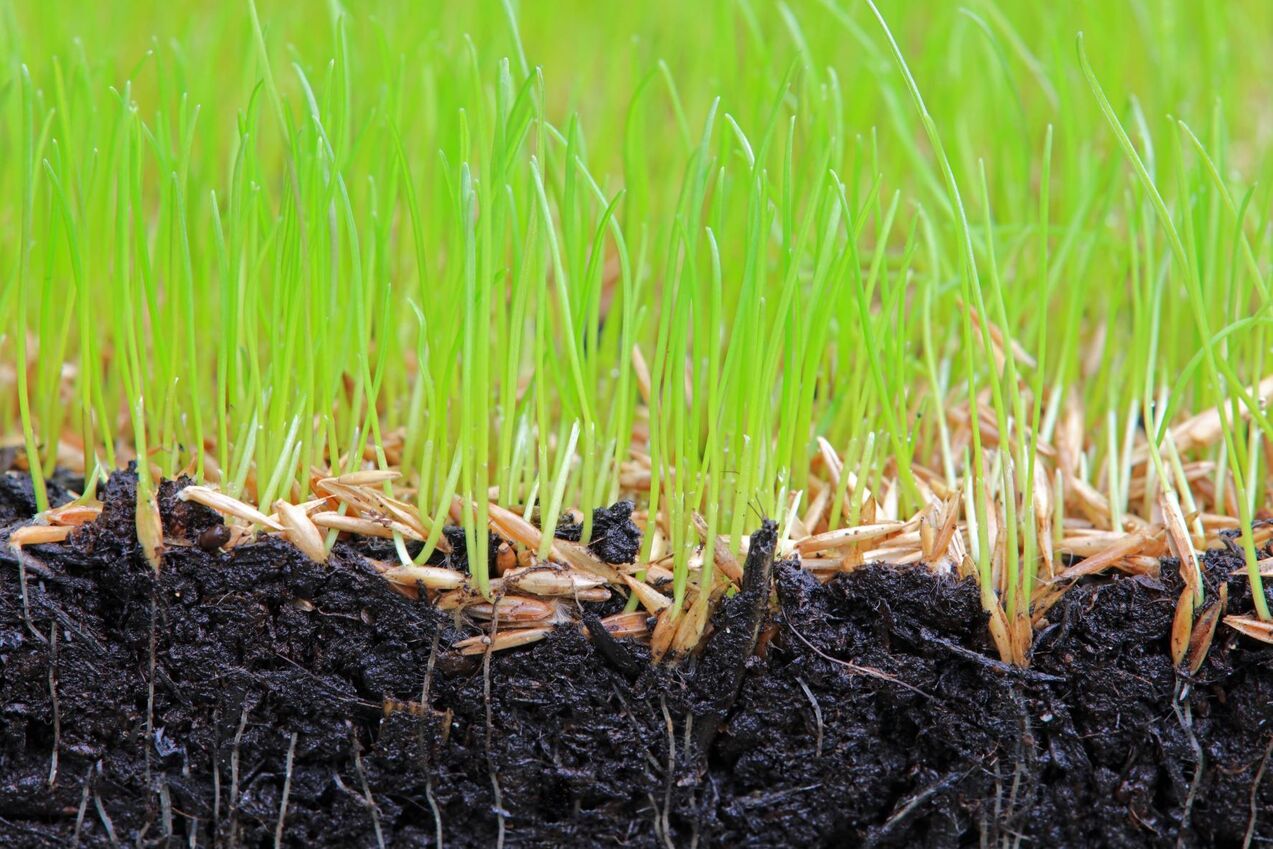

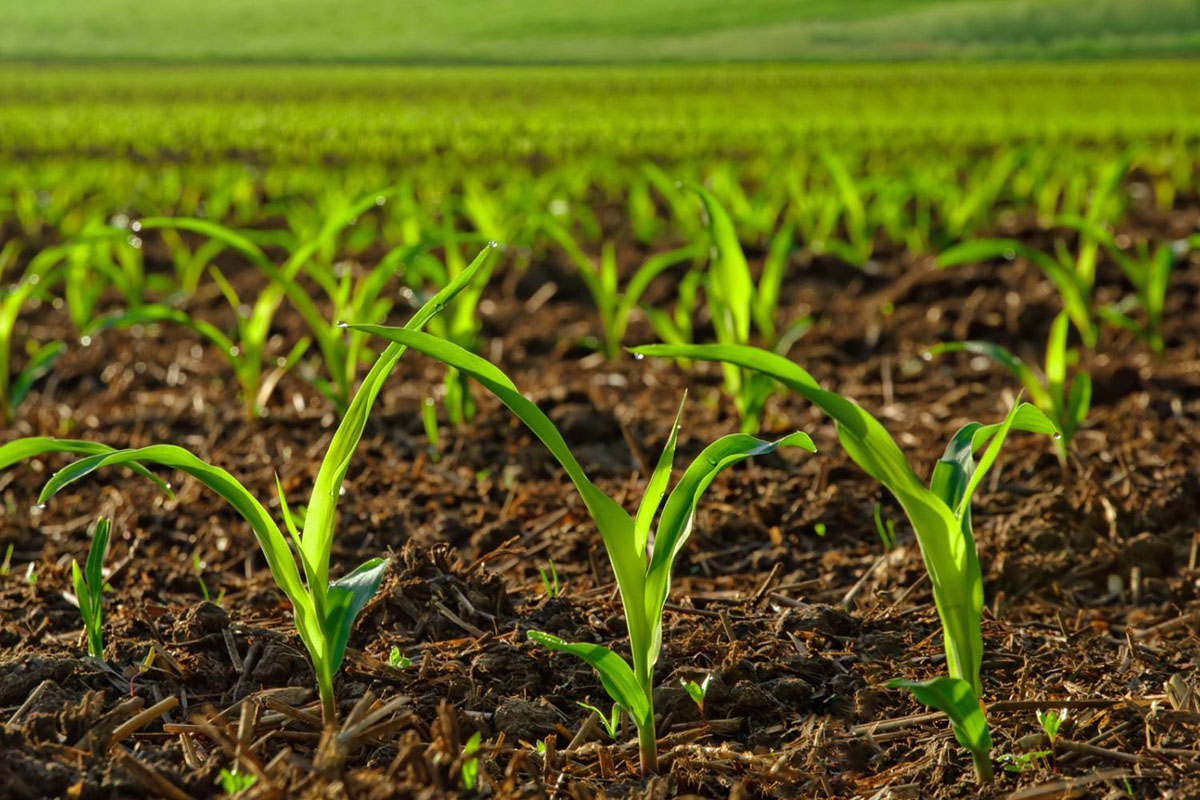
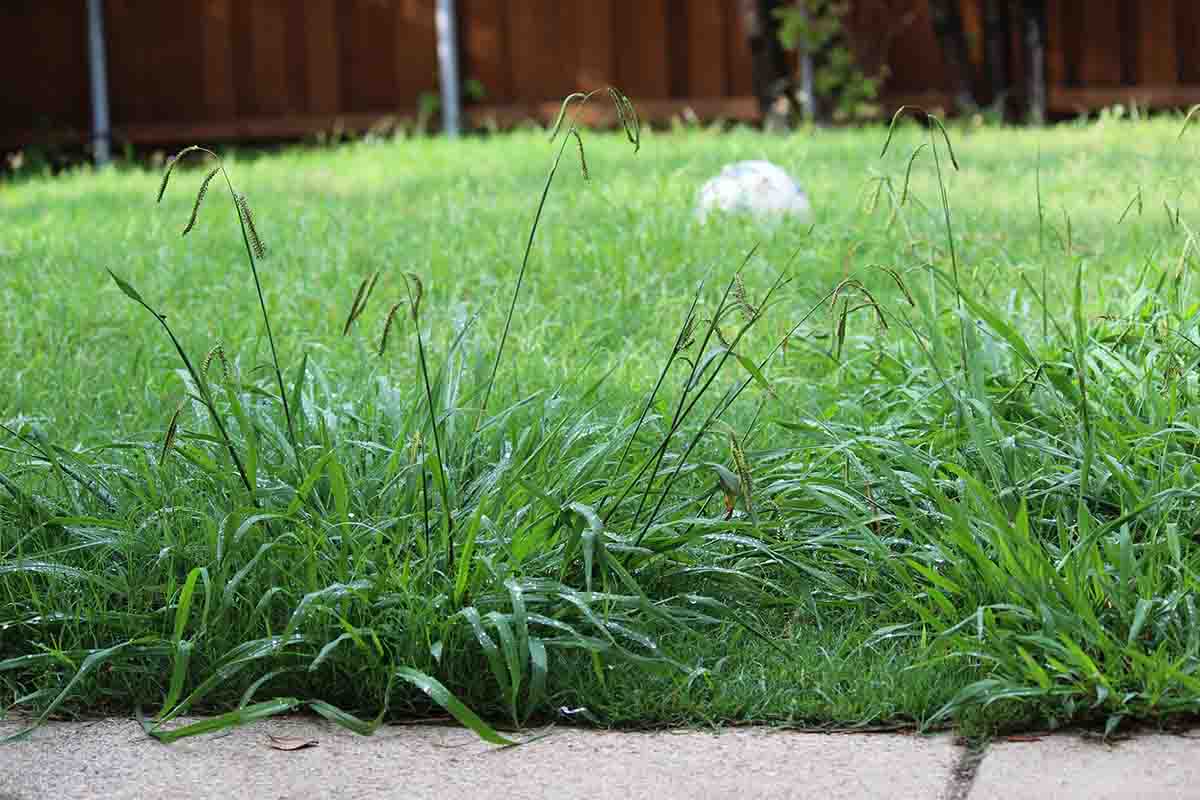
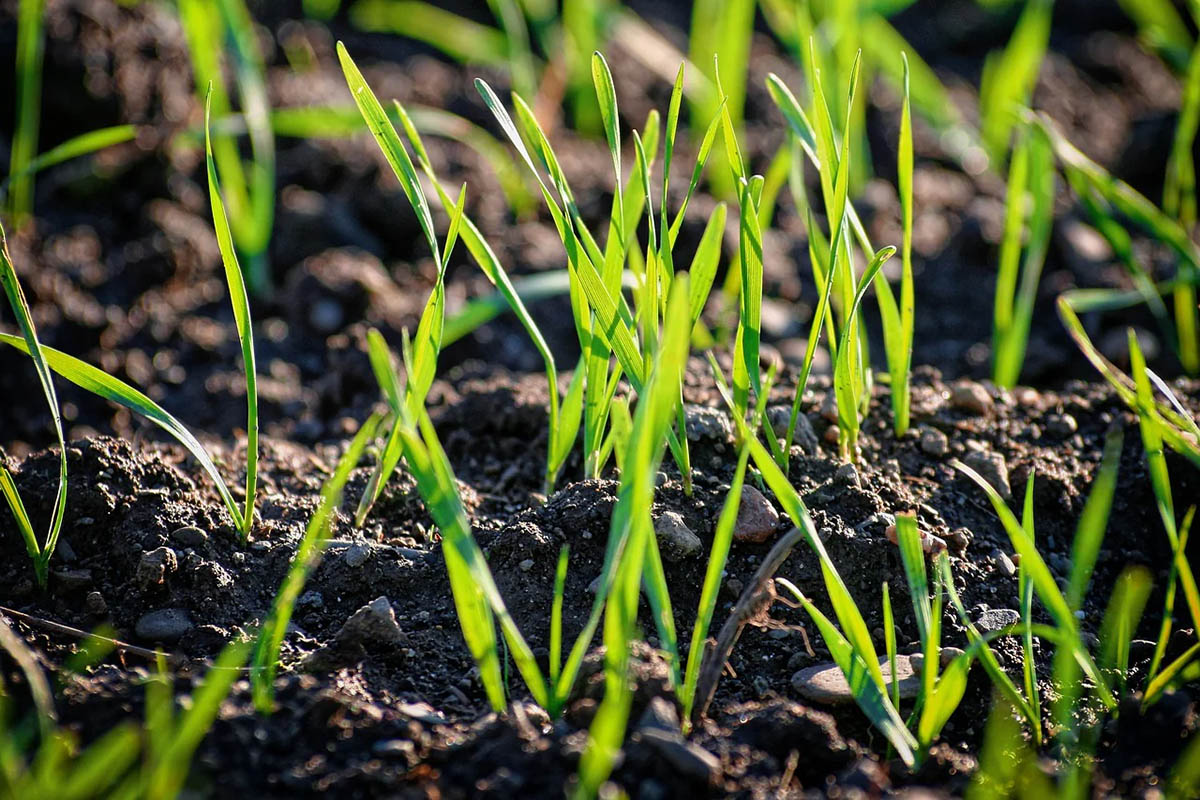
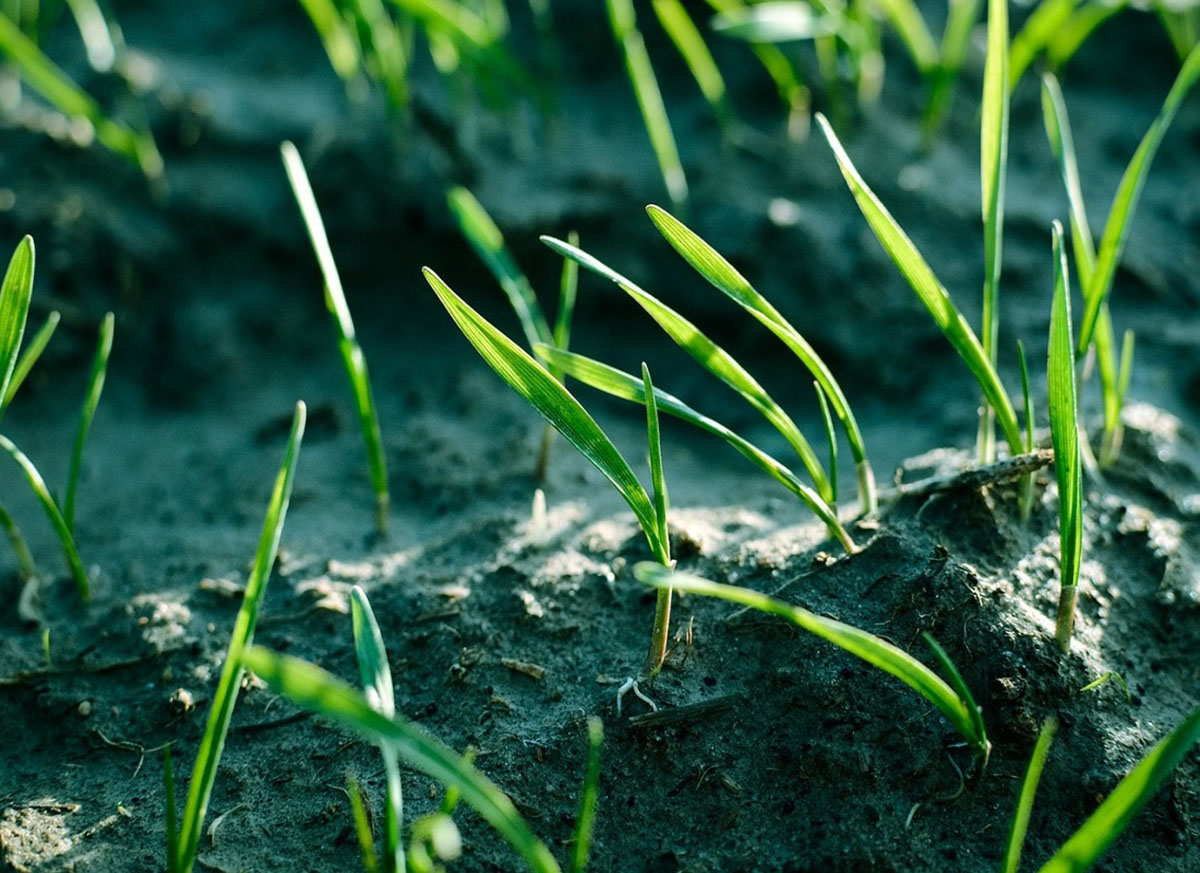
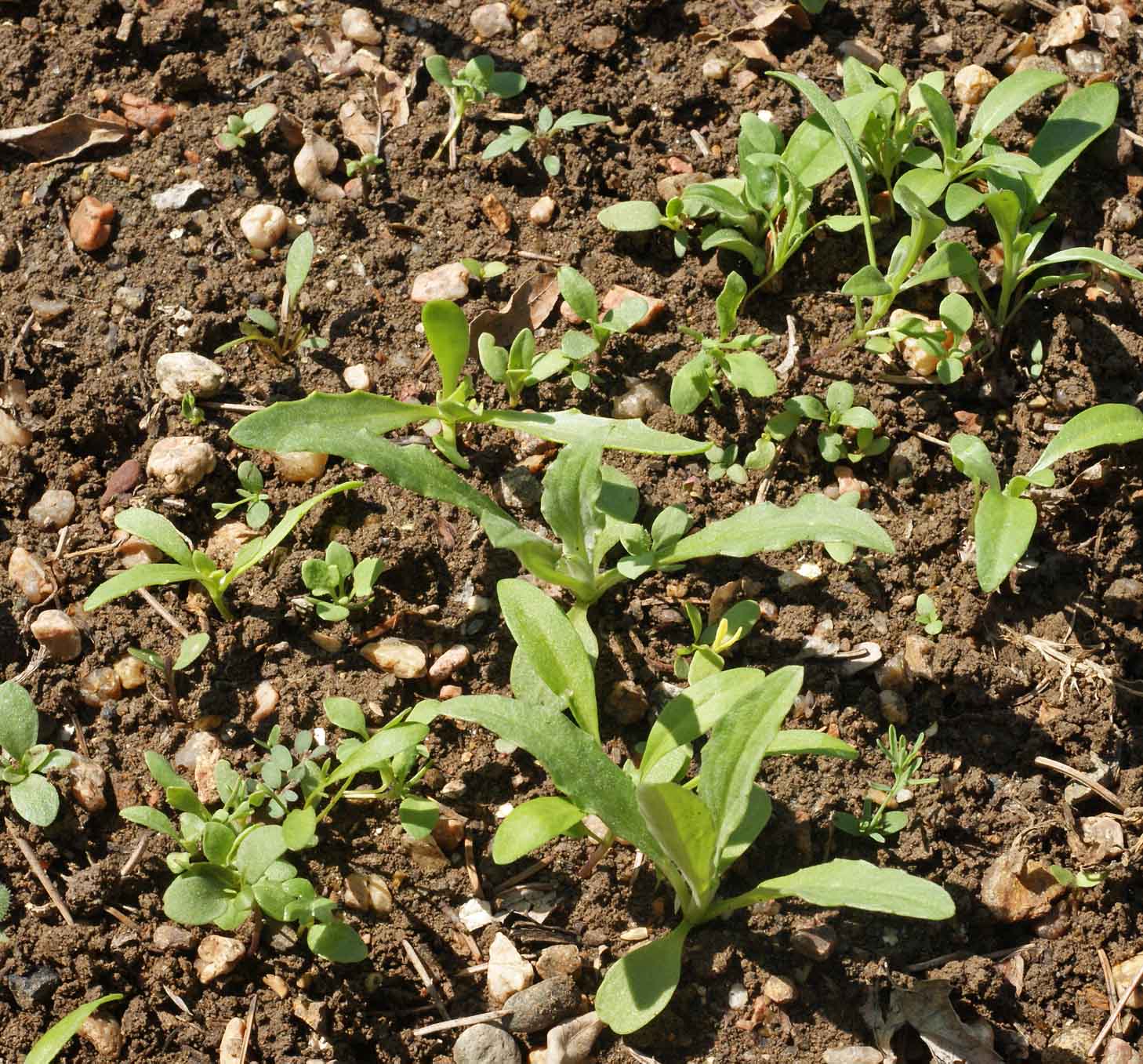
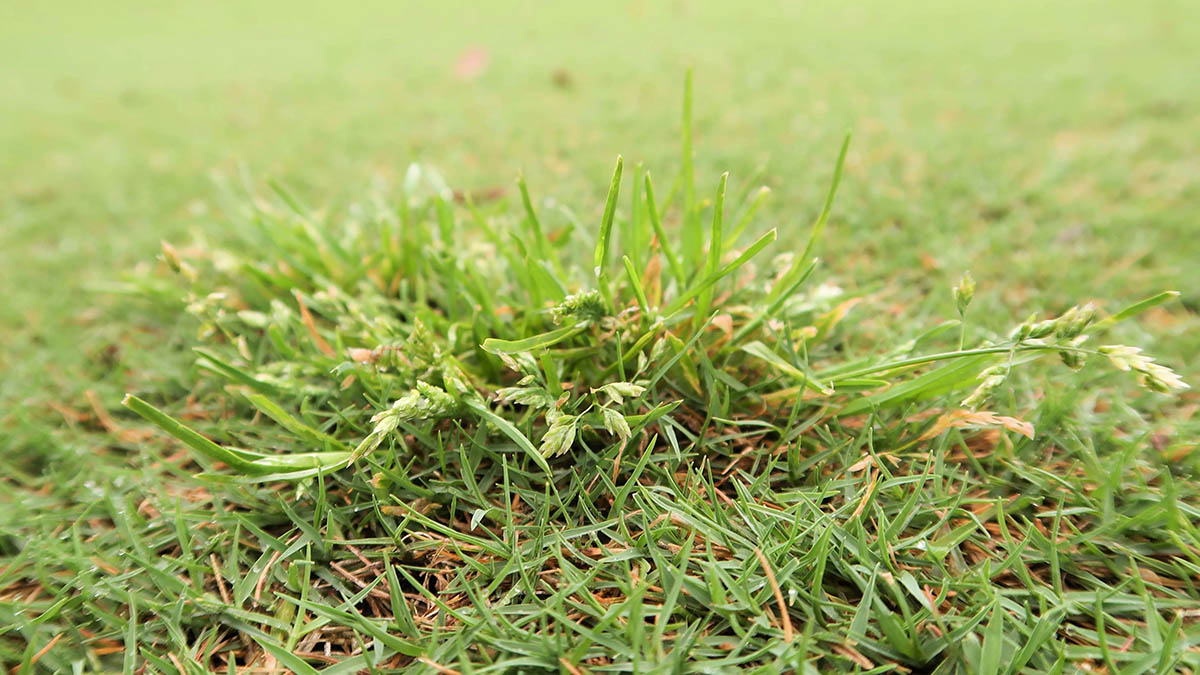
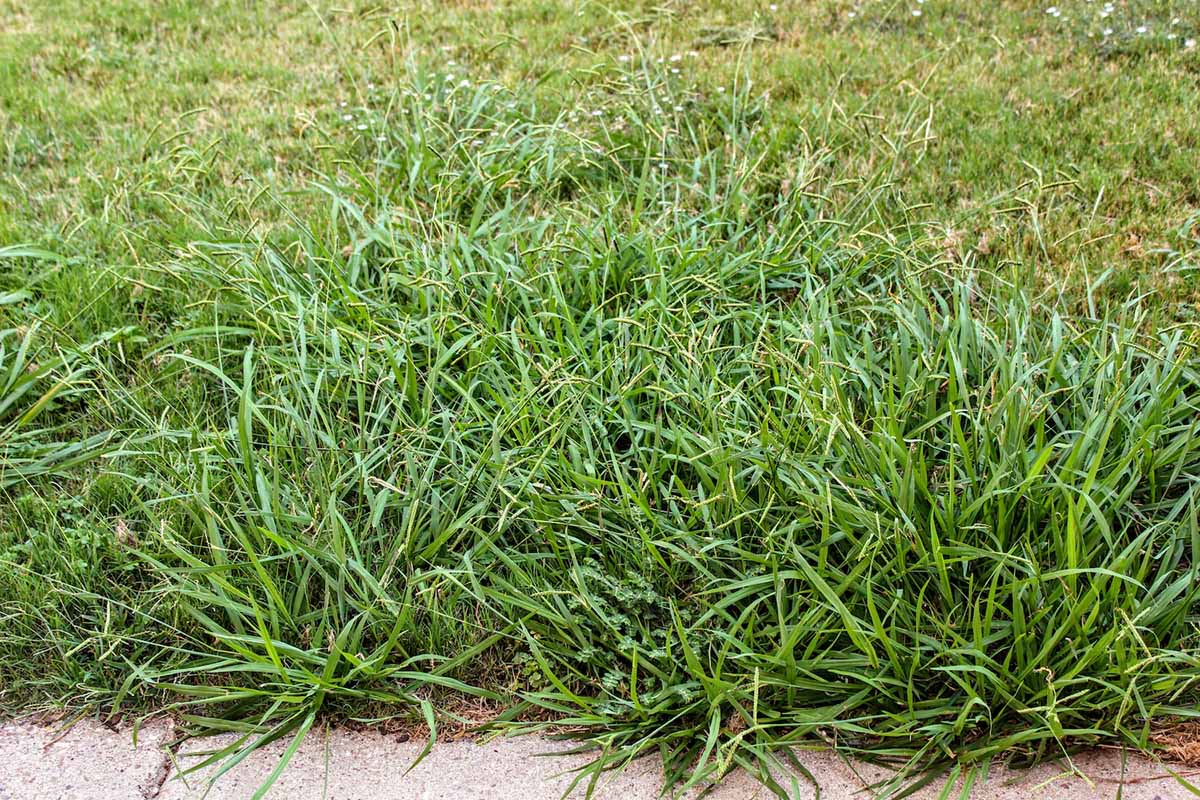
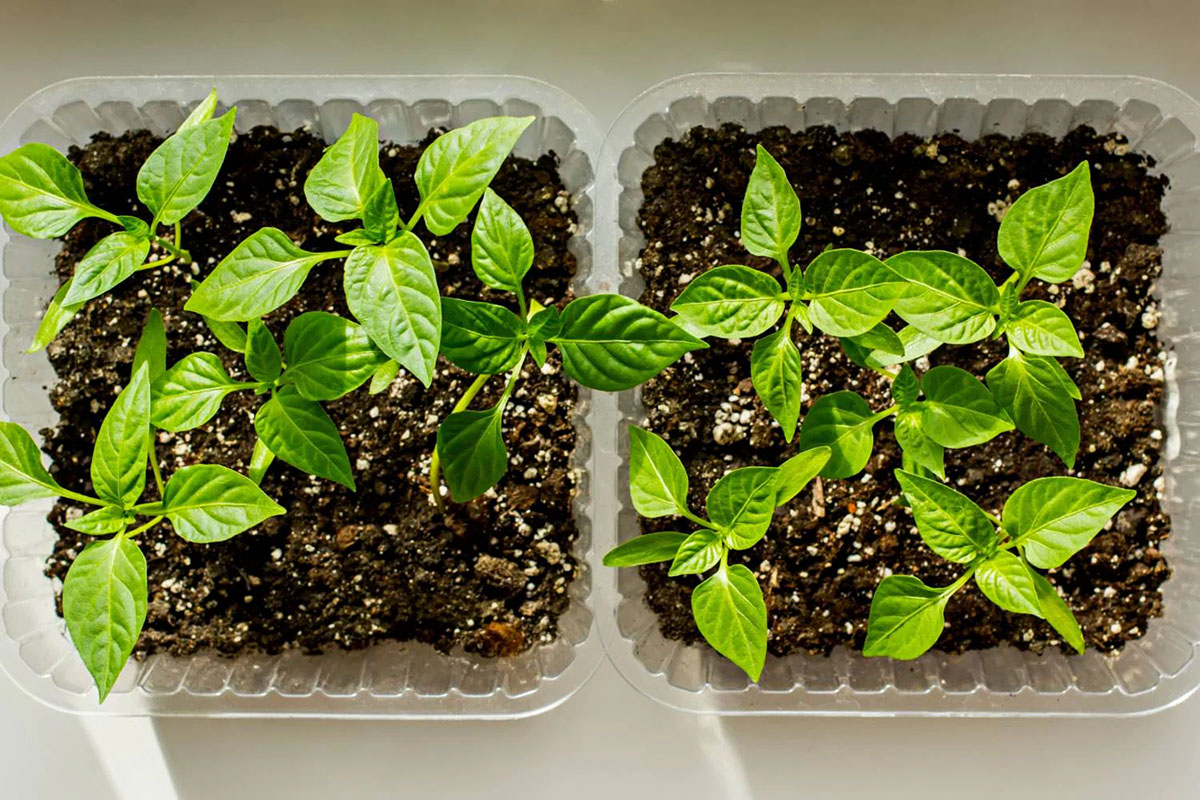
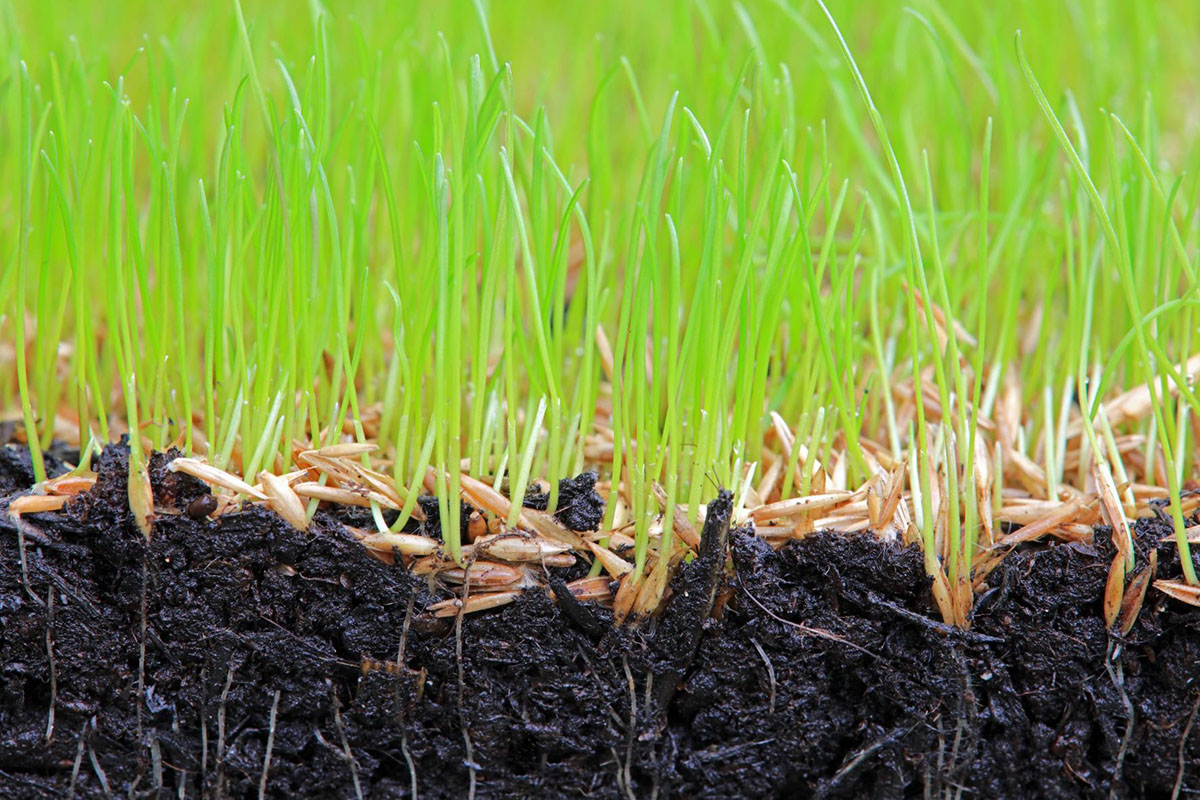

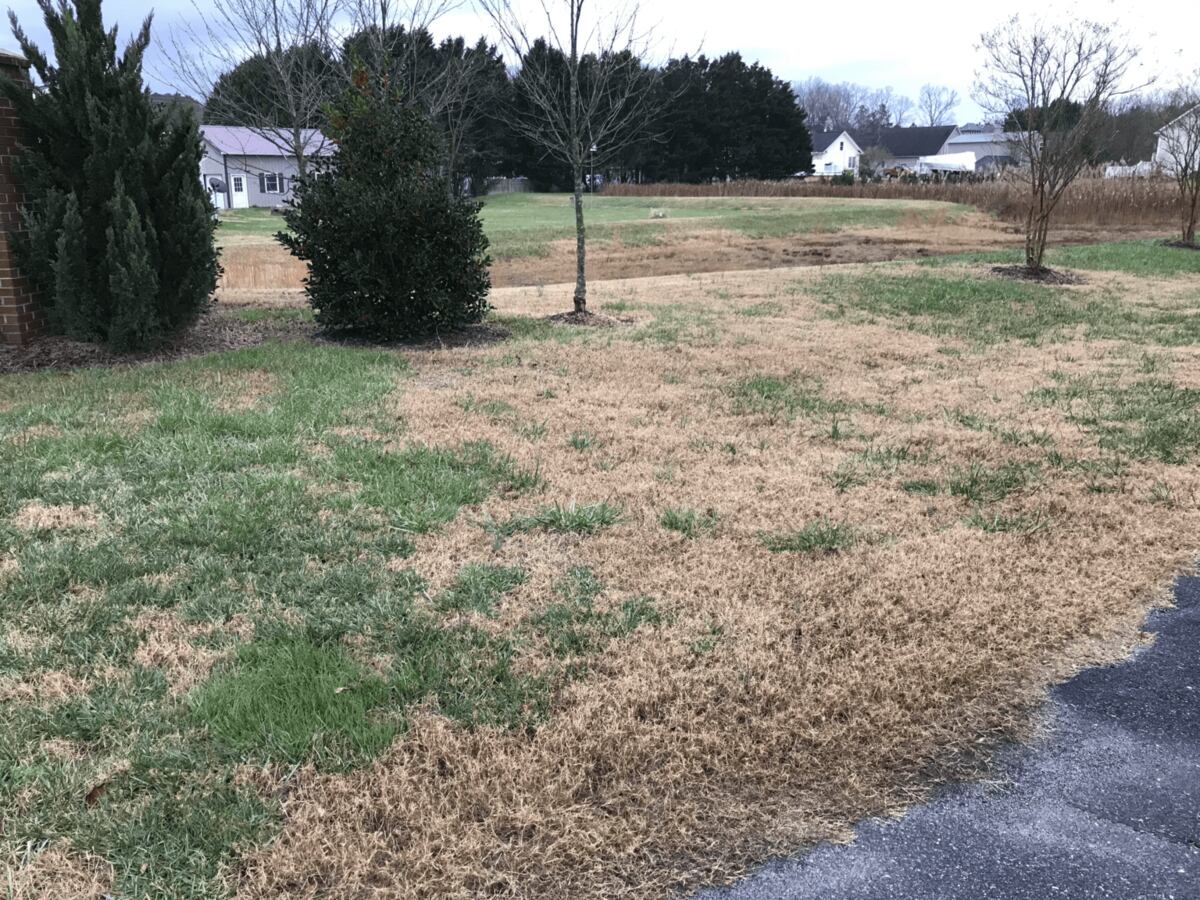
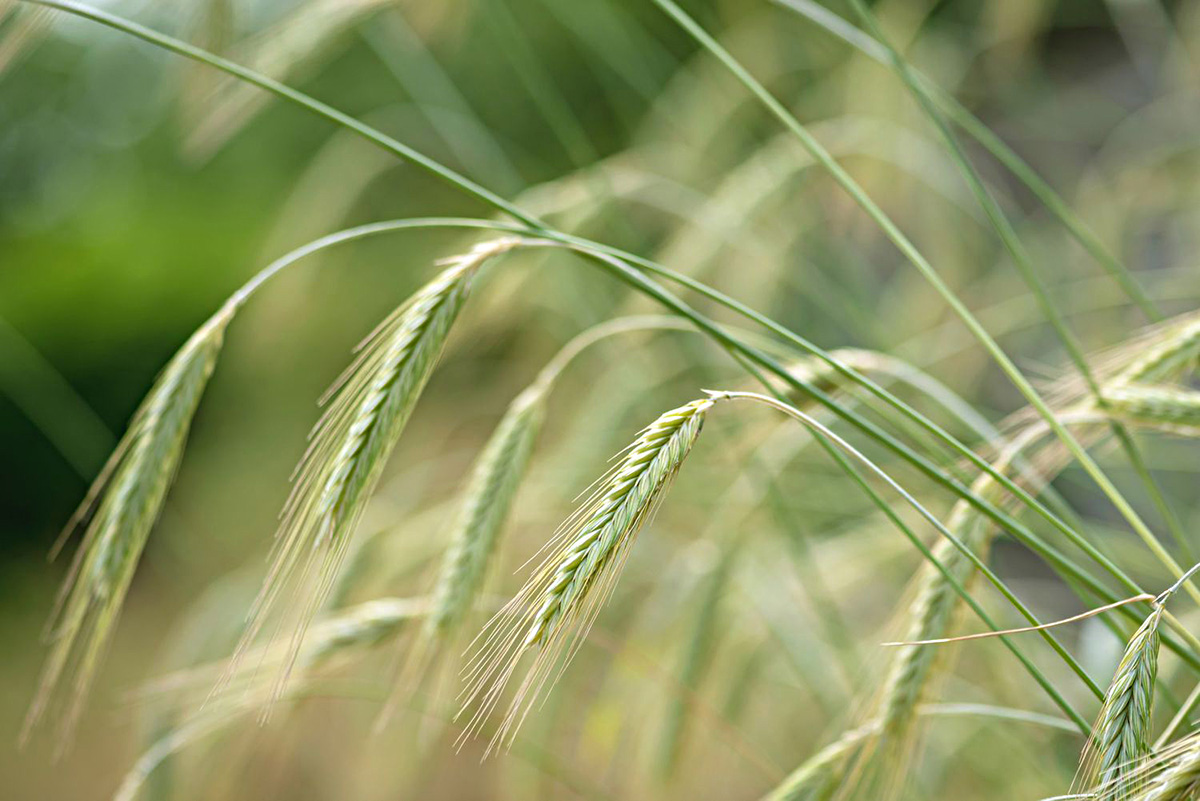

0 thoughts on “What Temperature Does Rye Grass Need To Germinate”